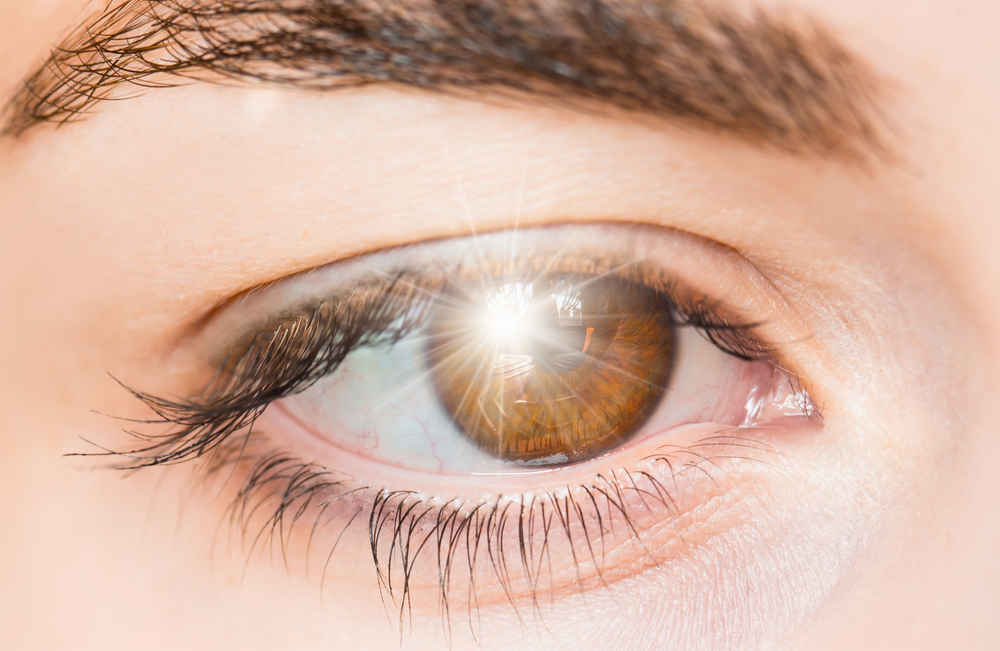
Has this ever happened to you? You’re going about your day—running errands, grocery shopping, taking care of yard work—when you suddenly see flashing lights in the corner of your eye that take you by surprise. You know it wasn’t a camera flash or a strike of lightning, but you’re not sure how to explain the phenomenon. To your luck, there’s a medical explanation for seeing flashing lights in the corner of your eyes.
Let’s explore the vision-related causes of these flashing lights and floaters in the eye along with when you need to schedule an appointment with your eye doctor.
Why Am I Seeing Flashes of Light in the Corner of My Eye?
Don't worry - this is a common phenomenon that most people experience in their lifetime. Both seeing floaters and flashes of light in the corner of your eye are a result of shrinking vitreous. The vitreous is fluid in the back of the eye that protects the retina and helps the eye maintain its shape.
As your eyes’ vitreous supply naturally diminishes as they age, floaters drift in front of the retina—effectively blocking your field of vision. Dust-like floaters appear differently for everyone, and anyone can experience them as they age. People in their 50s, 60s, and 70s are most likely to experience floaters in their vision. However, other factors such as diabetes, nearsightedness, and past eye swelling issues can increase your risk of developing the eye condition.
Both flashing lights and floaters affect the retina. The retina’s job is to process light that enters your eye and then send that information to your brain. The vitreous is attached to the retina by small fibers. The friction that occurs on these fibers can lead to flashing lights in the eye.
Vision-Related Causes of Flashing Lights in the Eye
This friction in the eye can be caused by a few different factors, and not all are vision-related. Health conditions such as migraines and diabetes along with medications can create flashing lights in the eyes.
Four main vision-related conditions cause flashing lights to appear. Take a look at what those conditions are, what causes them, and what their effects are:
1. Posterior Vitreous Detachment
Posterior vitreous detachment is one of the more common vision-related causes of flashing lights and floaters in the eye. As you age, the vitreous can detach. If this detachment occurs suddenly, the resulting friction can cause floaters and flashing lights to appear in the corner of your eye. This condition occurs naturally in people over the age of 40. While it cannot be prevented, it can be treated.
2. Optic Neuritis
Optic neuritis is a disorder of the optic nerve that causes swelling and inflammation. The swelling and inflammation can cause flashing lights in the eye and even lead to vision loss or blindness. Other common symptoms include eye redness, blurred vision, double vision, and headaches.
3. Retina Pressure
Excess pressure on the retina can result in flashing lights appearing in one or both of your eyes. The pressure can be caused by rubbing your eyes, coughing too hard, or getting bumped or hit on the head. Additional symptoms include dry eyes, headaches, blurred vision, and sore or burning eyes.
4. Retinal Detachment
Retinal detachment is a condition in which the retina detaches from the underlying tissue in the back of the eye. When this detachment occurs, flashing lights may begin to appear in the eye. Other symptoms include scarring and swelling of the eye. Retinal detachment can be caused by injury due to trauma or inflammation, aging, and underlying eye disease. Since retinal detachment can lead to partial or total vision loss, it should be treated immediately.

When You Need To See an Eye Doctor for Flashing Lights in the Eye
Catching a quick flash of light in your vision now and then isn’t usually a big deal. But if you start noticing bright spots, streaks like lightning, or bursts of light off to the side more often, it could be a sign of something more serious going on with your eyes. While eye floaters are not hereditary, retinal tears and detachment can be. Since both eye floaters and flashing lights in the corner of your eyes result from retinal detachment, consult your eye doctor if you begin experiencing either phenomenon.
You should also see an eye doctor if you experience:
- Blurry vision
- Darkening vision
- Vision loss
- Dizziness
- An eye injury
- An increase in seeing flashing lights
- An increase in seeing floaters
- Frequent ocular migraines
- Vision changes
Schedule an appointment today with an expert ophthalmologist to get an accurate diagnosis regarding the cause of flashing lights and floaters and to receive a customized treatment plan.
Expert Eye Care at Specialty Eye Institute
When it’s time to visit an eye doctor to discuss the floaters and flashing lights in your vision, go to the experts at Specialty Eye Institute. Our team of ophthalmologists and eye doctors will accurately diagnose your condition and provide a treatment plan designed for your unique vision needs.
We offer treatments for retinal detachments that can be performed in-office—such as laser retinal detachment surgery and retinal cryopexy. We use the most advanced equipment and techniques to perform these procedures, which enables us to produce optimal vision results for our patients.
Find a Specialty Eye Institute doctor at one of our convenient locations in Michigan or Ohio to receive the professional eye care you deserve. Schedule your appointment online or by calling 877-852-8463 today.
 877-852-8463
877-852-8463 Careers
Careers Locations
Locations Patient Portal
Patient Portal Request Appointment
Request Appointment

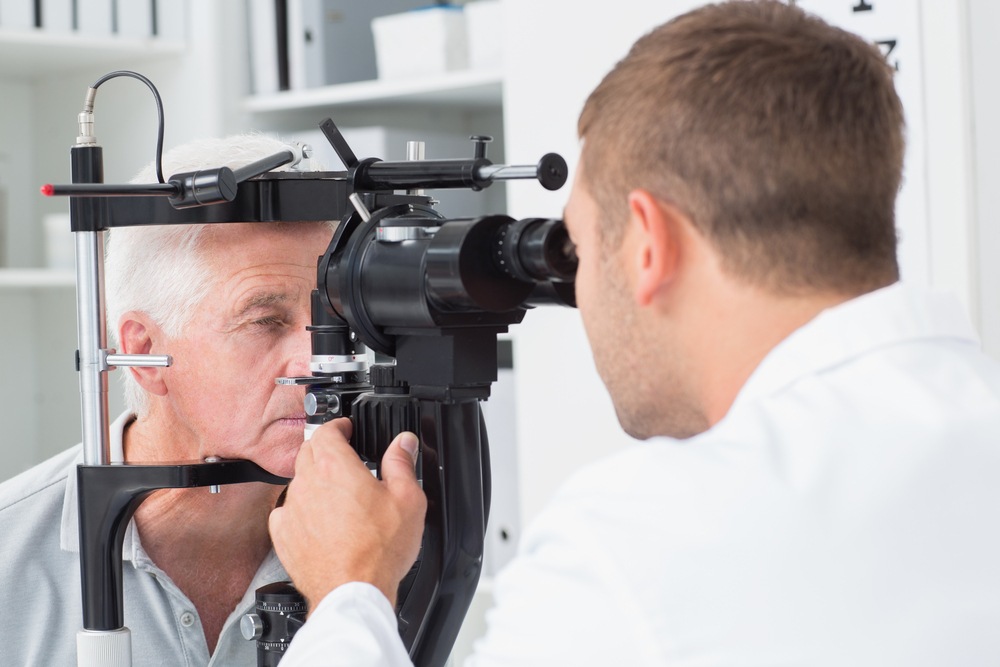




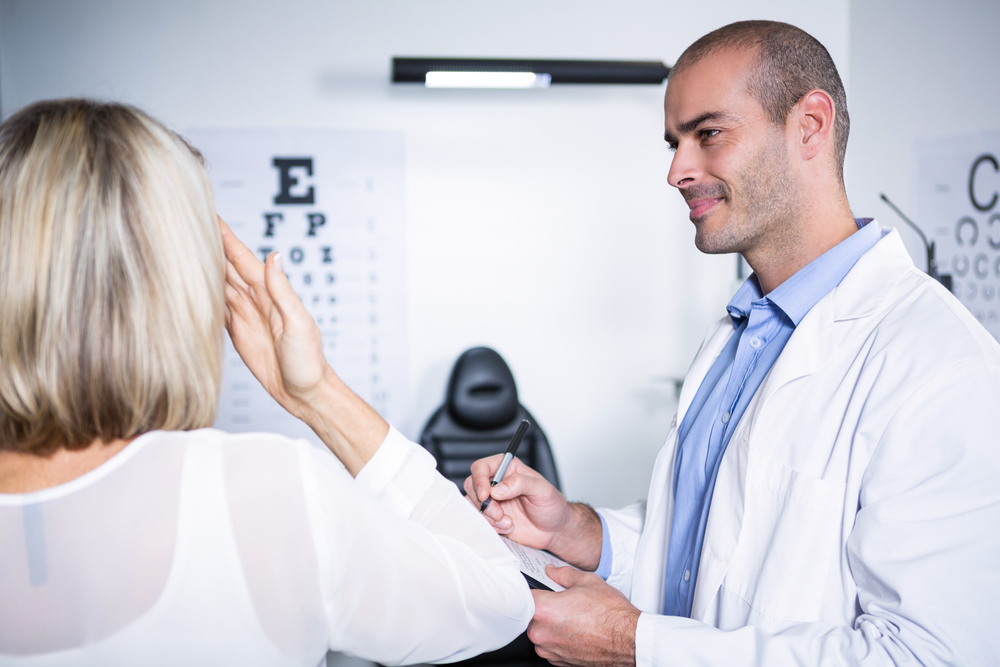
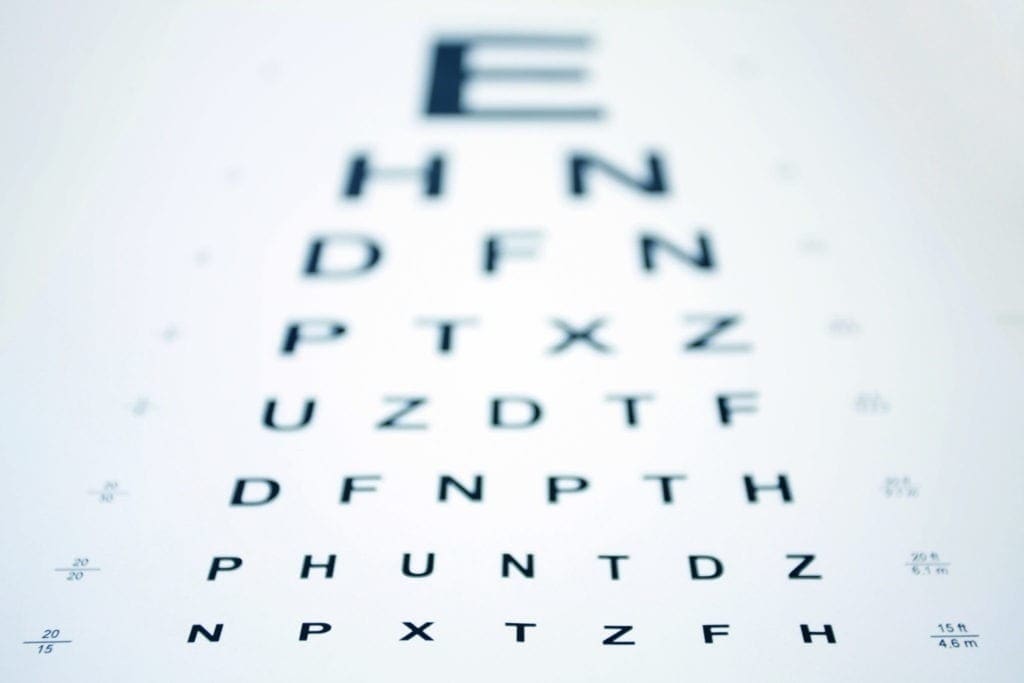
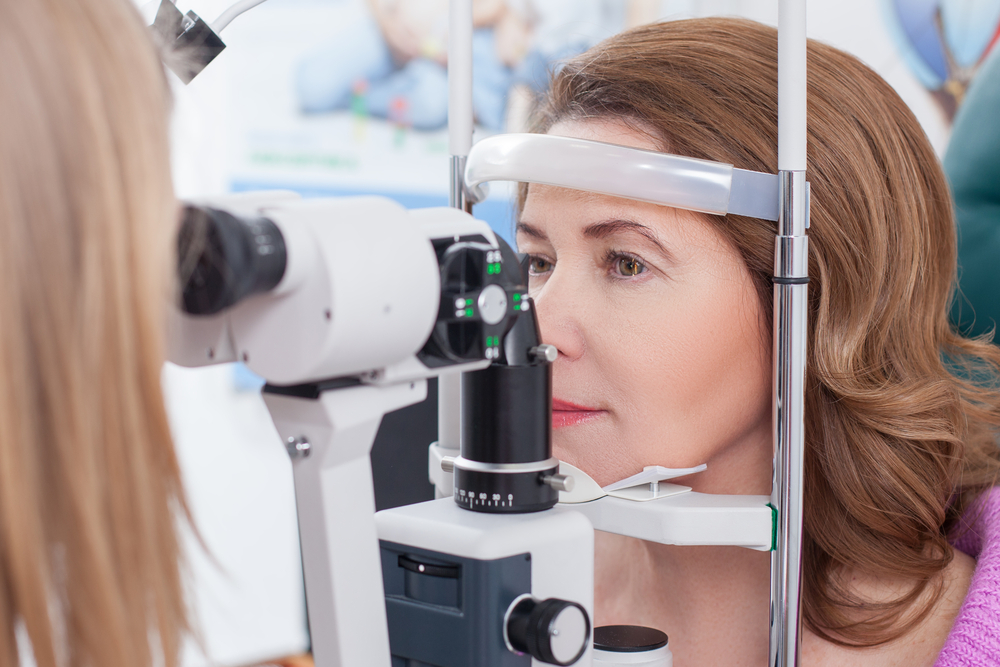

 877-852-8463
877-852-8463
